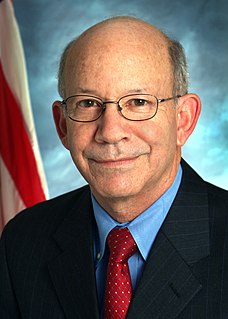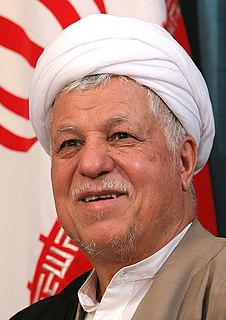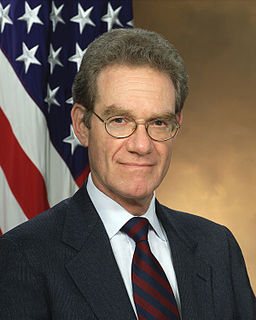A Quote by Phyllis Bennis
Whether the proposed constitution is approved or rejected . . . it is a process and a text largely crafted and imposed by U.S. occupation authorities and their Iraqi dependents, and thus lacking in legal or political legitimacy.
Related Quotes
This trial cannot be separated from the process of the historical struggle in Palestine that continues today between the Zionist Movement and the Palestinian people, a struggle that centers on Palestinian land, history, civilization, culture and identityAs for your judicial apparatus, which is where this court comes from: it is one of the instruments of the occupation whose function is to give the cover of legal legitimacy to the crimes of the occupation, in addition to consecrating its systems and allowing the imposition of these systems on our people through force.
This democracy... The elections in Iraq were held despite the American opposition. It was the will of the Iraqi people and the religious authorities. [The elections] were the result of pressure by Ayatollah Sistani, by the Iraqi religious authorities, and by the fighting forces in Iraq on America. They left the US no choice but to allow the elections.
With a nonviolent movement we are still inviting a strong reaction from the government or ruling authorities. We are inviting a powerful reaction against ourselves. But it undermines the moral legitimacy of our current government. That is the path we need to pursue. Rather than reinforcing their legitimacy we need to undermine their legitimacy.
In our time, political speech and writing are largely the defense of the indefensible. Things like the continuance of British rule in India, the Russian purges and deportations, the dropping of the atom bombs on Japan, can indeed be defended, but only by arguments which are too brutal for most people to face, and which do not square with the professed aims of the political parties. Thus political language has to consist largely of euphemism, question-begging and sheer cloudy vagueness.
We must recognise - both Muslims and non- Muslims, that the Koran is a text. We need human engagement with that text, so we have to understand that the rulings and the legal rulings are produced are channelled through the human mind, it's an interpretive act of a human being engaging and interacting with a text producing legal results. Because of that it's susceptible to flaws, it is not perfect. Nobody has perfect access to the divine will.
Thanks to the Internet in general and social media in particular, the Chinese people now have a mechanism to hold authorities accountable for wrongdoing - at least sometimes - without any actual political or legal reforms having taken place. Major political power struggles and scandals are no longer kept within elite circles.
I think frustration unfortunately, reflects a real breakdown in the political parties themselves, which is fascinating because our constitution did not anticipate political parties. They're not even written in the Constitution, there's no guidelines. When we look at the arcane processes of delegate selection in the primaries and caucuses, it's not in the Constitution. This is all created post Constitution. And yet I think we're in the middle of tensions between and within the political parties. They're not functioning that well.
































